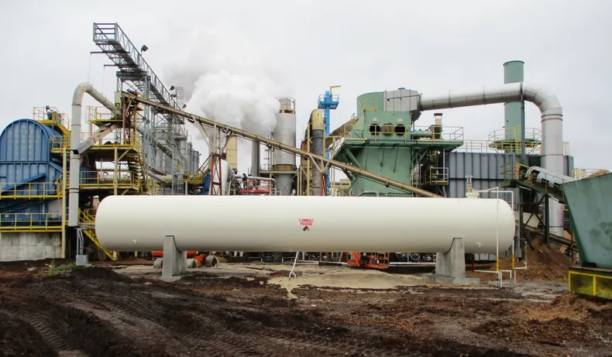The Impact of Gratitude on Leadership

One of the many components that comprise strong leadership is the transformative power of gratitude. Extensive research has shown the many positive effects gratitude has on physical health, psychological well-being, and social dynamics. This life-giving practice also holds the potential to redefine how leaders approach their roles. From bolstering immune systems to fostering positive emotions and compassionate social interactions, gratitude emerges as a holistic influencer on both our personal and professional lives.
Gratitude in Leadership: A Strategic Edge
Employee Engagement and Resilience:
Cultivating gratitude within leadership practices contributes to a workplace environment where employees feel valued. This, in turn, elevates engagement levels and fosters resilience, enabling leaders to navigate challenges with a positive mindset.
Accomplishment Acknowledgment:
Gratitude prompts leaders to reflect on and acknowledge their accomplishments, fostering a balanced perspective that transcends the success or failures of competitors. This mindset contributes to a more positive and appreciative work environment.
Ego Management:
The practice of gratitude acts as a check on leaders’ egos by emphasizing collaborative efforts in achieving success. Recognizing the indispensable support from others fosters humility, preventing overinflated egos.
Talent Attraction and Positive Networks:
A grateful and approachable leadership style creates positive networks and attracts top talent. Studies indicate that employees are significantly more successful when leaders express gratitude, underscoring its role in fostering a positive work environment.
Financial Patience and Motivation:
Research suggests that gratitude enhances financial patience, a valuable trait for leaders. This quality, combined with a thankful mindset, fuels motivation and positivity, contributing to sustained leadership effectiveness.
Practical Strategies for Leaders
Scheduled Reflection Time:
Leaders can carve out specific time each day for reflective gratitude. Activities like journaling can help establish a habit of awareness and appreciation.
Authentic Expressions:
Gratitude is most effective when expressed authentically. Leaders are encouraged to move beyond generic thanks, providing specific and genuine acknowledgment for individual contributions.
Celebrating Wins:
Recognition of both significant milestones and daily victories contributes to a positive work environment. Leaders can develop a culture of appreciation by acknowledging and celebrating achievements, no matter how small.
Daily Compliments:
Authentic compliments, delivered with sincerity, create a positive atmosphere. Leaders should make an effort to express genuine appreciation for their team members’ qualities, efforts, and contributions.
Employee Involvement:
Actively seeking and valuing employees’ opinions fosters a sense of inclusion and appreciation. Leaders who involve their team in decision-making processes demonstrate gratitude for their input and ideas.
Fostering a Positive Work Culture
Creating a positive and respectful work culture is a fundamental expression of gratitude. Leaders can achieve this by greeting employees, recognizing their efforts, providing autonomy, and swiftly addressing negative behaviors.
The integration of gratitude into leadership practices goes beyond a mere self-help strategy. It becomes a powerful force that not only enhances personal well-being but also elevates team dynamics and organizational culture. By embracing gratitude, leaders can unlock a path to sustained success, fostering a workplace where positive interactions, resilience, and genuine appreciation thrive.






















